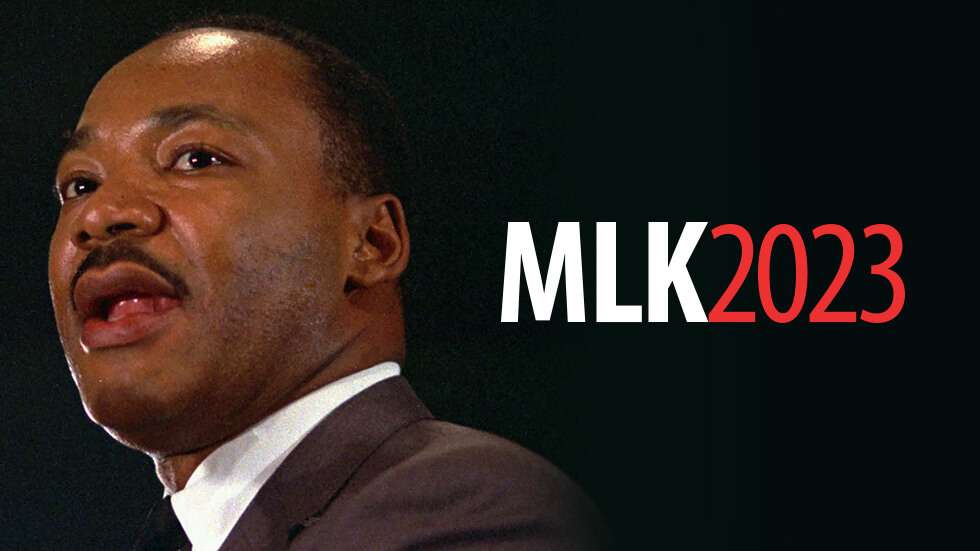
by Eric Price | Mar 18, 2023 | EAP, Front Page, Page Two, Row 2, Uncategorized
Kris N Treder Named New District 141 EAP Midwest Regional Coordinator IAM141.org March 15, 2023 IAMAW District President Mike Klemm and EAP Director Bryan Hutchinson have appointed Kris N Treder to serve as the new District 141 Midwest Regional Coordinator. Kris will...

by Eric Price | Mar 15, 2023 | Front Page, Page Four, Page Three, Page Two, Row 2, Uncategorized
Can Mediation Break the Contract Negotiation Deadlock for AA Flight Attendants? IAM141.org March 15, 2023 On March 3rd, American Airlines’ flight attendants union and company managers requested mediation from the National Mediation Board, hoping to resolve an...

by Eric Price | Feb 22, 2023 | Organizing, Page Five, Page Four, Page Three, Page Two, Perusals, Row 2, Uncategorized, United
Do Airline Contracts Expire? IAM141.org February 22, 2023 You’ve probably heard of the Railway Labor Act if you work at an airline or are a frequent air traveler. This federal law, enacted in 1926, established a framework for labor-management relations in the...

by Eric Price | Jan 16, 2023 | Front Page, Page Five, Page Four, Page Two, Perusals, Row 2, Uncategorized
4 Things Most People Don’t Know About MLK IAM141.org January 16, 2023 Today is the day Americans celebrate the life and legacy of Rev. Dr. Martin Luther King, Jr. There are many aspects of his life that everyone knows, such as his prominent role in the Civil...

by Eric Price | Jan 3, 2023 | Front Page, JetBlue, Organizing, Page Four, Page Three, Page Two, Row 2, Uncategorized
Machinists Union Reaches Tentative Agreement for Over 2300 Members at McGee Air Services, a subsidiary of Alaska Airlines AIR TRANSPORT December 20, 2022 WASHINGTON, Dec. 21, 2022 –The International Association of Machinists and Aerospace Workers (IAM) has reached a...

by Eric Price | Dec 15, 2022 | Front Page, Page Five, Page Four, Page Two, Perusals, Row 2, Safety, Uncategorized, Video
VIDEO OF HORROR ACCIDENT AT DELTA: Latest Information Safety15 December 2022 Camdyn Harris, an Atlanta-based Fleet Service Worker at Delta Air Lines who was struck and crushed by a passing lav truck while guiding an aircraft into her gate, is alive and, while severely...







